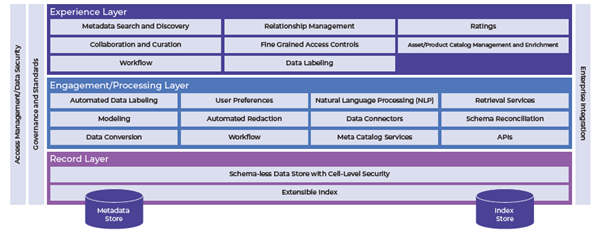In partnership with Infinity Systems, Freedom Space, and Zivaro, Omni Federal will lead the way in developing and integrating a groundbreaking Command and Control (C2) Operational System prototype solution under a new and exciting US Space Force Contract on the Space Enterprise Consortium (SpEC) Other Transaction...
Read More »
Home » What We Do » SBIR Innovation » Astoria





